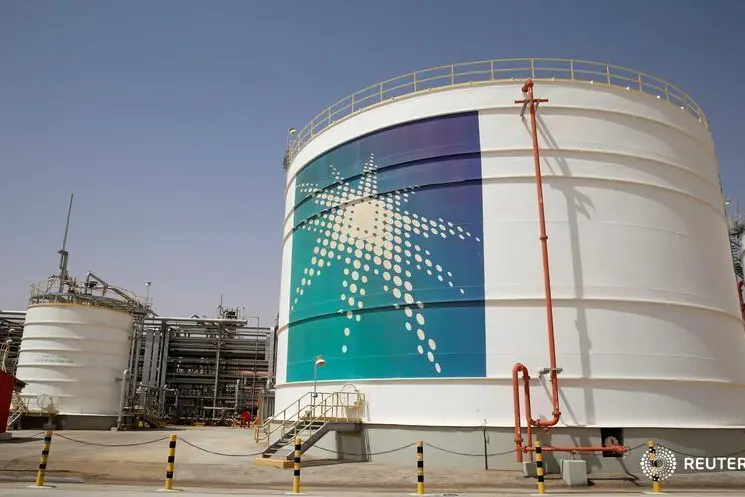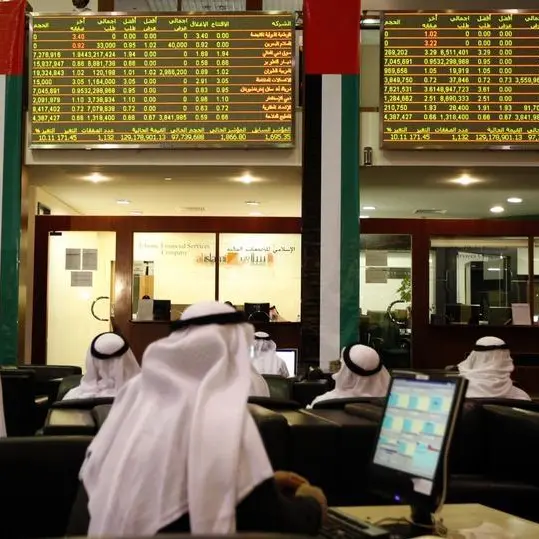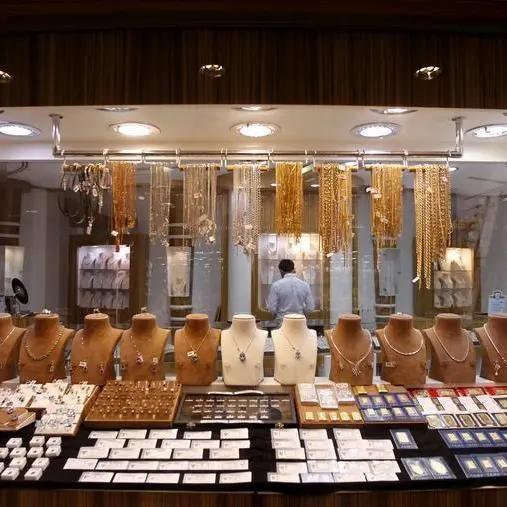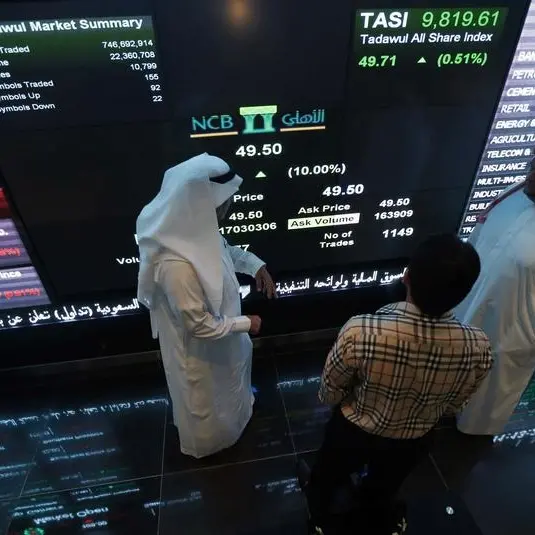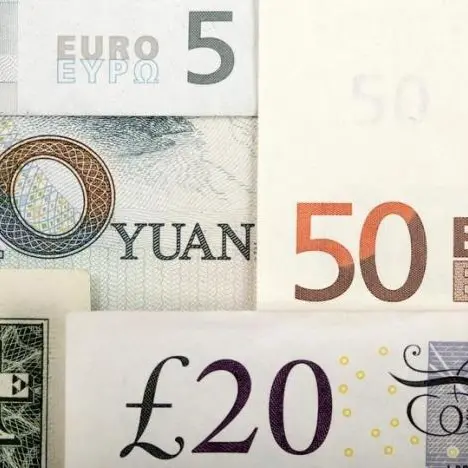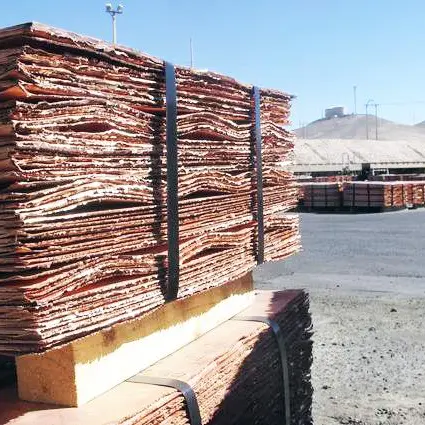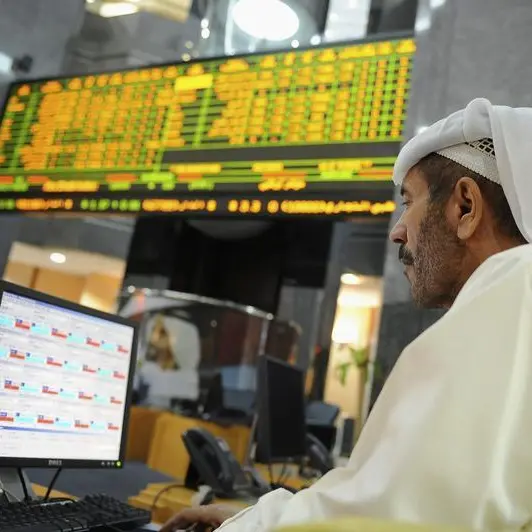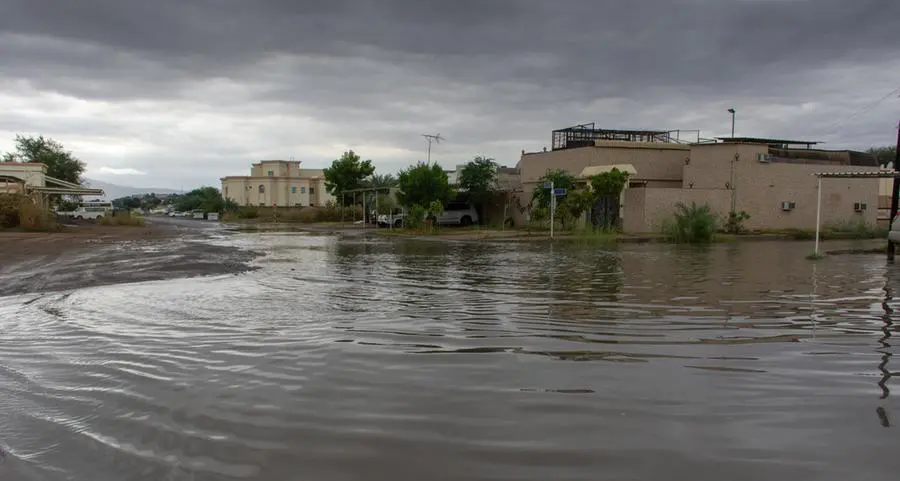PHOTO
DUBAI: A flurry of announcements from Saudi Arabia’s energy authorities was seen by experts as a triple boost for the Kingdom at a crucial time for the global oil industry.
Khalid Al-Falih, the energy minister and chairman of Saudi Aramco, the world’s biggest oil company, on Wednesday revealed that the Kingdom’s oil and gas reserves had been valued by independent experts as significantly higher than previous official estimates.
Al-Falih also updated global markets on plans for an initial public offering (IPO) of Aramco shares, scheduled for 2021, assuming markets conditions allow, and nailed down the schedule for what could be a record-breaking issuance of bonds. The international debt offering, set to be Aramco’s first, will now take place in the second quarter of this year, he said.
The upward estimate of reserves was the most eye-catching of the announcements. Saudi Arabia is officially ranked second in the world for reserves, after troubled Venezuela, but the Kingdom’s own estimate has stayed constant for some years.
The latest assessment comes from DeGolyer & MacNaughton, a respected firm of oil analysts based in Dallas, Texas. The firm concluded that, including reserves in the “partitioned zone” between Saudi Arabia and Kuwait, the Kingdom’s total oil reserves would have amounted to 268.5 billion barrels at the end of 2017, after which the DeGolyer study was made.
Natural gas reserves were also upgraded in the DeGolyer survey, showing 325.1 trillion standard cubic feet (scf) of gas compared to a previous estimate of 307.91 trillion scf.
Jean-Francois Seznec, the US-based academic and specialist in Middle East business and finance, said: “The audit by a reputed independent firm certainly adds to the credibility of the IPO, even though it may not happen in the next few months.
“I was especially intrigued by the increase in natural gas reserves … I always assumed that the Kingdom was short of gas; I guess I will have to change my tune,” he added.
Other analysts linked the announcement on reserves to longer-term financial planning by Aramco. Ellen Wald, president of Transversal Consulting and author of “Saudi Inc,” a business history of the
Kingdom, said the announcements show that “both Aramco and Saudi Arabia are not hesitant to open up their books if there is a good reason. The upward revision is not large enough to be particularly
significant, but the openness is, especially in the context of issuing bonds or a future IPO.”
Jim Krane, fellow in energy studies at Rice University’s Baker Institute in Houston, Texas, said: “There’s been a cottage industry in speculation about the ‘true’ size of Saudi oil reserves. These figures ought to put to rest speculation about the true size of Saudi reserves being anything other than what Aramco says they are.”
The bond issue is an important step for Aramco. Although it has issued bonds in Saudi riyals before, this will be the first time it has tapped the international markets for debt. Al-Falih said the issue was “probably” going to be in US dollars.
International bond issues oblige the issuer to reveal detailed financial information about the company, in what could become a trial run for the higher levels of financial disclosure required for an IPO by Aramco.
Al-Falih told Bloomberg that the funding program “will be sustained over time as Saudi Aramco grows and undertakes its capital program … We believe that having bonds and commercial paper as one of its sources of capital is prudent and necessary.”
The funds to be raised this year are likely to be earmarked for the acquisition of Sabic, the industrial conglomerate listed on the Saudi stock exchange, in which Aramco has said it is considering purchasing a stake.
That acquisition could cost as much as $70 billion. Aramco has not decided on how to fund that outlay but a big bond issue could be a key part of the process. Al-Falih did not specify the exact size of the planned Aramco issue but said: “It is not gong to be anywhere near the number that has been rumored.”
Further out, the reserves upgrade could also affect the valuation of Aramco in any IPO. Al-Falih restated the official intention to proceed with an international offering of shares by 2021. The flotation was originally slated for 2018.
Krane said: “I’m not sure that certifying Aramco’s reserves is enough to resurrect the IPO any time soon. There are good reasons why Saudi policymakers called off the IPO, and worries over the size of Saudi reserves were not high on the list.
“But providing this transparent audit gives us an important piece of the puzzle. Investors now have more certainty that Saudi reserves are real. Even if the IPO winds up selling off part of Aramco’s downstream business — something not directly related to producing crude oil — confidence over reserves will build confidence.”
Meanwhile, a Reuters report published Thursday suggested strong global appetite for Saudi bonds more generally.
The Kingdom, seeking to raise $7.5 billion in bonds, attracted demand that topped $27 billion for the dual-tranche paper maturing in 2029 and 2050, according to a document seen by the news agency.
Copyright: Arab News © 2018 All rights reserved. Provided by SyndiGate Media Inc. ( www.Syndigate.info ).
Disclaimer: The content of this article is syndicated or provided to this website from an external third party provider. We are not responsible for, and do not control, such external websites, entities, applications or media publishers. The body of the text is provided on an “as is” and “as available” basis and has not been edited in any way. Neither we nor our affiliates guarantee the accuracy of or endorse the views or opinions expressed in this article. Read our full disclaimer policy here.
